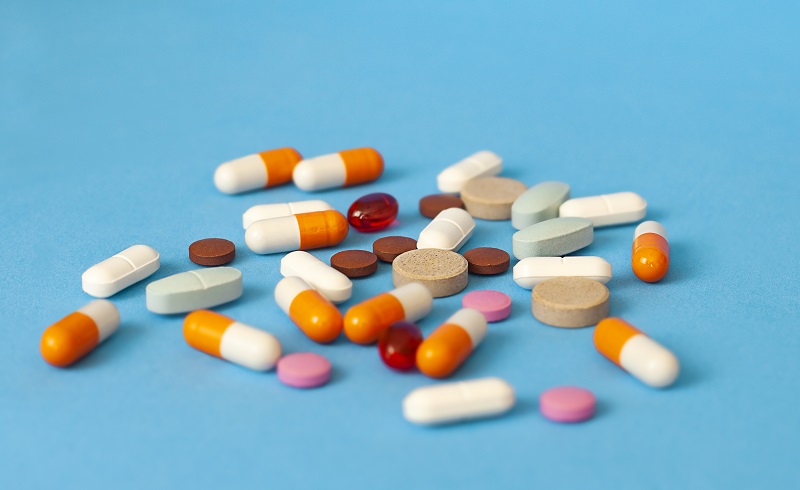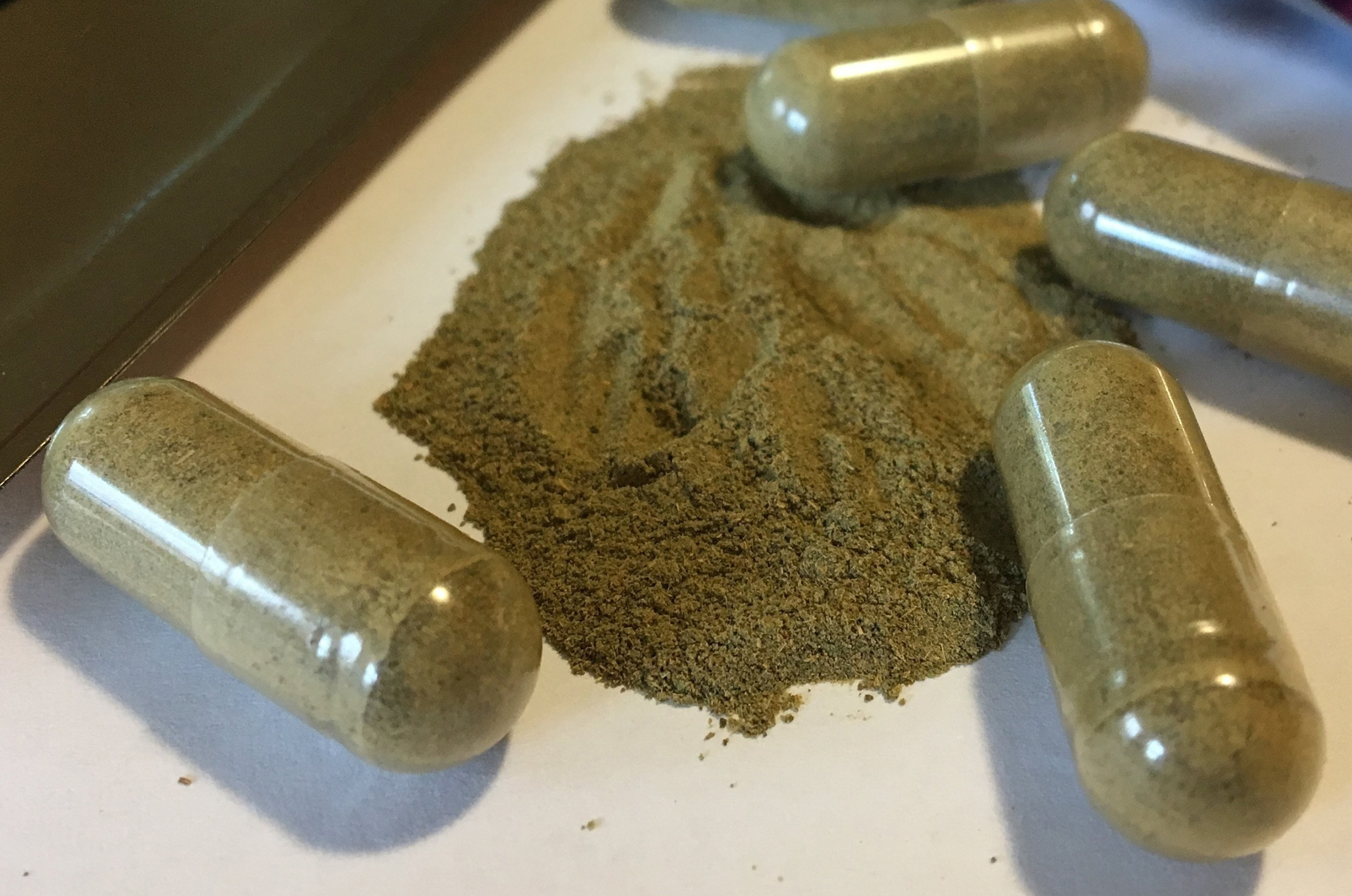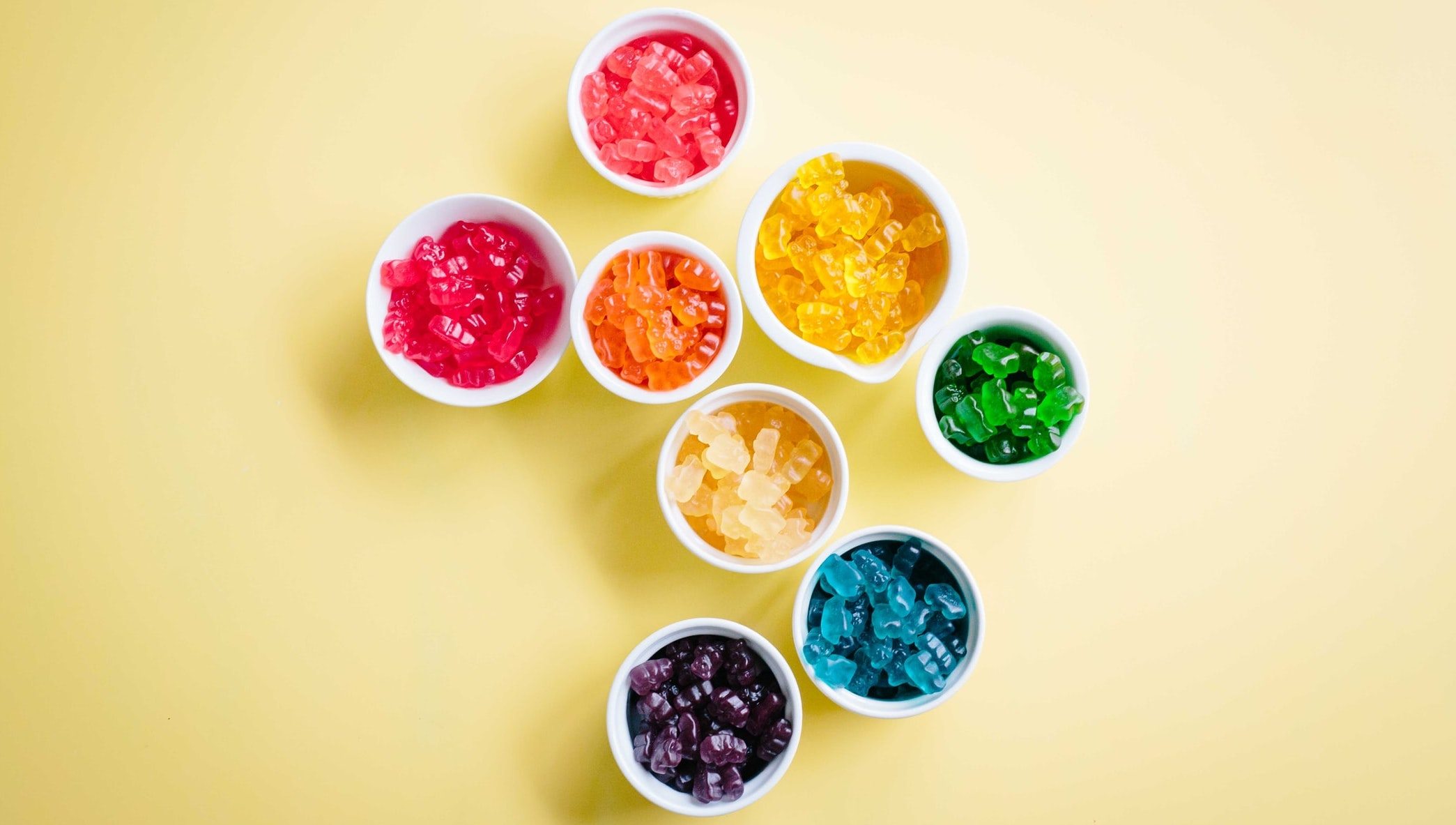Insulin resistance is a metabolic condition characterized by reduced sensitivity to insulin, leading to elevated blood sugar levels and an increased risk of type 2 diabetes and other health issues. While lifestyle modifications such as diet and exercise play a crucial role in managing insulin resistance, certain over-the-counter (OTC) supplements may offer additional support. Click here https://sandiegomagazine.com/partner-content/5-best-supplements-for-insulin-resistance-over-the-counter/. Here, we explore some of the best supplements for insulin resistance available without a prescription:
- Berberine:
Mechanism of Action: Berberine, a compound found in several plants, has been shown to improve insulin sensitivity by activating AMP-activated protein kinase (AMPK) and reducing hepatic gluconeogenesis.
- Evidence: Clinical studies have demonstrated that berberine supplementation can lower fasting blood sugar levels and improve insulin sensitivity in individuals with insulin resistance.
- Dosage: Typical dosages range from 500 mg to 1500 mg daily, divided into two to three doses.
- Alpha-Lipoic Acid (ALA):
Mechanism of Action: Alpha-lipoic acid is a powerful antioxidant that enhances glucose uptake in cells, improves insulin sensitivity, and reduces oxidative stress and inflammation.
- Evidence: Studies have shown that ALA supplementation can improve insulin sensitivity, reduce fasting blood sugar levels, and decrease markers of inflammation in individuals with insulin resistance.
- Dosage: Daily doses of 600 mg to 1800 mg are commonly used for managing insulin resistance.
- Cinnamon:
Mechanism of Action: Cinnamon contains bioactive compounds that mimic the effects of insulin and improve glucose uptake by cells. It also has antioxidant and anti-inflammatory properties.
Evidence: Some studies have suggested that cinnamon supplementation may lower fasting blood sugar levels and improve insulin sensitivity in individuals with insulin resistance.
Dosage: Typical doses range from 500 mg to 2000 mg of cinnamon extract daily.
- Chromium:
Mechanism of Action: Chromium is a trace mineral that plays a role in carbohydrate and lipid metabolism. It enhances insulin sensitivity by promoting the action of insulin receptors on cell membranes.
Evidence: Research has shown that chromium supplementation may improve glucose tolerance and insulin sensitivity in individuals with insulin resistance, particularly those with chromium deficiency.
Dosage: The recommended dosage of chromium picolinate, a well-absorbed form of chromium, is typically 200 mcg to 1000 mcg daily.
- Omega-3 Fatty Acids:
Mechanism of Action: Omega-3 fatty acids, found in fatty fish and fish oil supplements, have anti-inflammatory effects and may improve insulin sensitivity by reducing systemic inflammation.
- Evidence: Clinical studies have suggested that omega-3 fatty acid supplementation may enhance insulin sensitivity and lower triglyceride levels in individuals with insulin resistance.
- Dosage: Daily doses of omega-3 fatty acids ranging from 1000 mg to 4000 mg are commonly recommended.
Conclusion:
While OTC supplements can complement lifestyle interventions in managing insulin resistance, it’s essential to consult with a healthcare professional before starting any new supplement regimen, especially if you have underlying health conditions or are taking medications. Additionally, supplements for insulin resistance should be used in conjunction with a balanced diet, regular exercise, and other recommended treatments for optimal management of insulin resistance and overall health.


